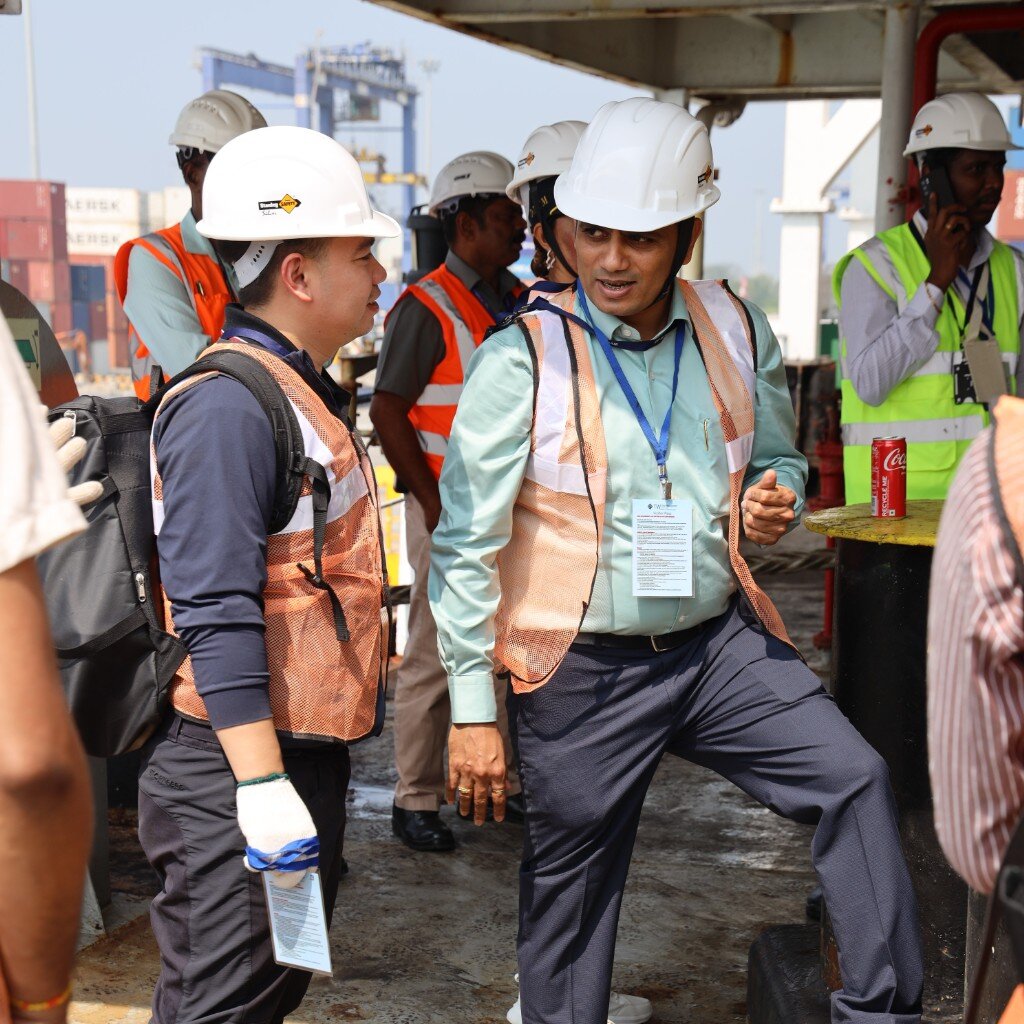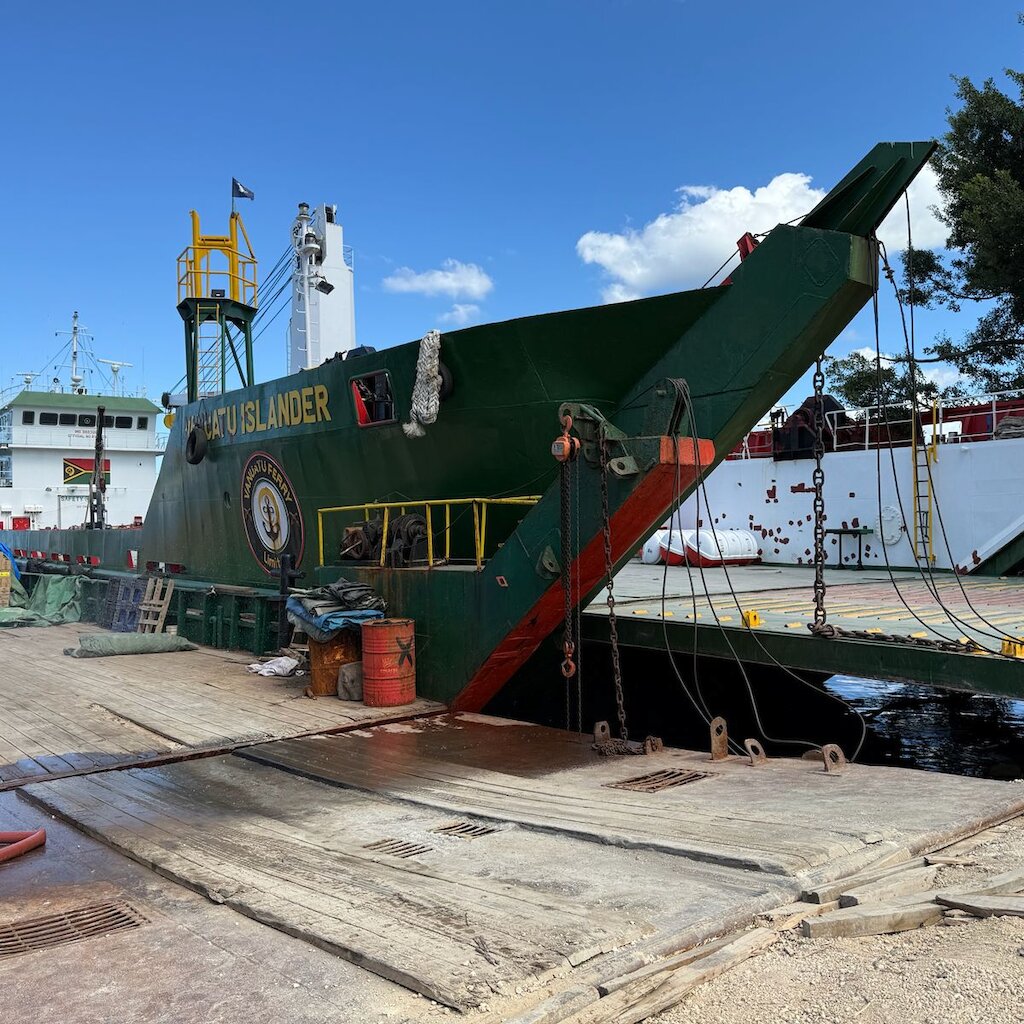The GloLitter Project, RegLitter Project and proposed PRO-SEAS project will now operate under the IMO OceanLitter Programme, in a move to allow for efficient coordination and knowledge-sharing between the projects to benefit member states in the drive to combat marine plastic litter from the shipping and fisheries industries.
Project coordination teams from IMO and FAO work closely on the jointly implemented projects, bringing together actors from both the maritime and fisheries administrations of participant countries to harmonise efforts to support national legal, policy and institutional reform, promote the provision of adequate Port Reception Facilities to receive plastic waste, facilitate cooperation to share best practices at the regional level, empower women in finding solutions to issues of marine plastic litter, and spearhead marking systems to combat discarded fishing gear.
The programmatic approach will allow for each project in the multi-donor portfolio to benefit from the work undertaken in others, enabling efficient use of the resources available, enhancing cooperation to assist member states, and ensuring continued progress towards the shared objectives in management of sea-based marine plastic litter (SBMPL).
To mark the launch, delegates and representatives attending MEPC 82 at IMO headquarters were welcomed to an afternoon coffee break sponsored by the OceanLitter Programme, held on the opening day of the week long meeting. The Projects Coordination team of IMO and FAO shared refreshments and information on the launch, in addition to updates on the achievements of the GloLitter project, the progress of the recently-launched RegLitter project, and the proposed PRO-SEAS project. The event provided an opportunity for interesting discussion, raising awareness of the progress partner countries have made during the projects’ implementation so far, the future outlook of the programme and the launch of the OceanLitter Global Industry Alliance (GIA), which is currently calling for submissions expressions of interest from companies in the shipping and fisheries sectors to join the efforts to protect oceans from plastic litter.
The new approach will ensure continued positive progress towards a healthier marine ecosystem through implementation of the international conventions and instruments of IMO such as Marpol Annex V, London Convention/Protocol and implementation of the IMO Action Plan to Address Marine Plastic Litter from Ships, as well as FAO Voluntary Guidelines on the Marking of Fishing Gear, and towards the relevant Sustainable Development Goals of the United Nations.

